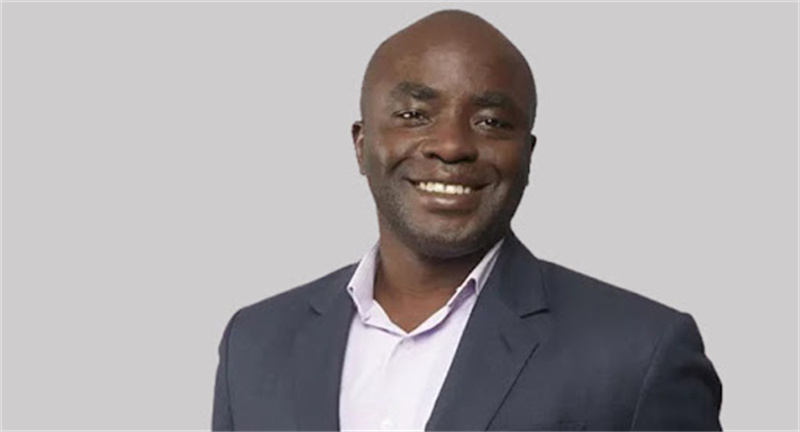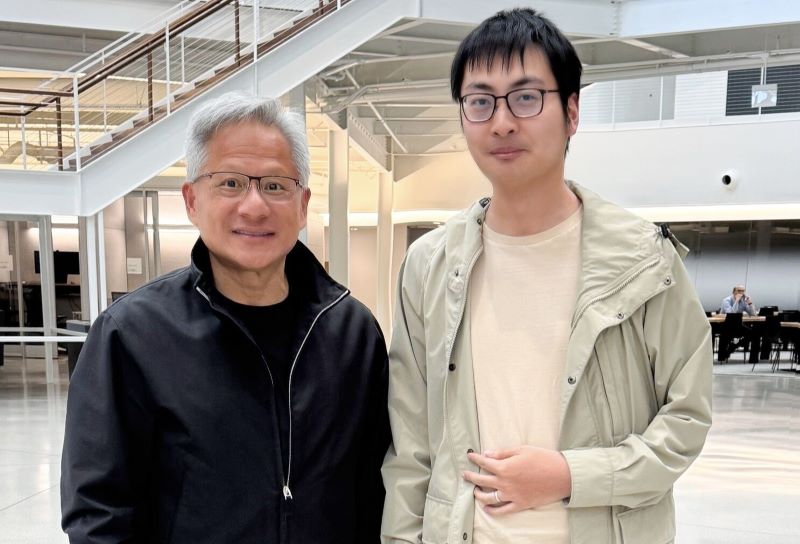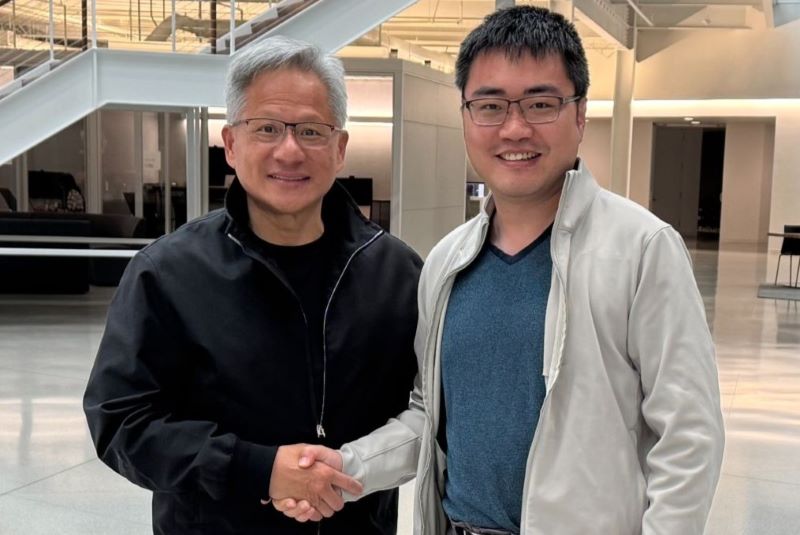Intel and Nvidia have made high-profile leadership moves as both companies intensify their push into artificial intelligence. Intel confirmed on June 30 that its Chief Strategy Officer Safroadu Yeboah-Amankwah will step down, while Nvidia announced the addition of two prominent AI scientists with ties to Tsinghua University.
Intel acknowledged Yeboah-Amankwah's departure and expressed appreciation for his contributions since taking on the role in 2020. He had overseen Intel's growth strategy, partnerships, and equity investments in emerging startups. His responsibilities will be temporarily assumed by Sachin Katti, who was recently appointed Intel's Chief Technology and AI Officer. Katti previously led Intel's Network and Edge group and is a professor at Stanford University.
This move follows a sweeping internal overhaul led by new CEO Justin Chen, who took over in March 2025 after the company reported a full-year loss of $19 billion in 2024—its first annual loss since 1986. Chen has since streamlined Intel's structure, personally overseeing both the data center and PC chip businesses while introducing a slate of new engineering leaders. Intel Capital, the company's venture arm, will now report directly to the CEO.

Intel is also cutting up to $17 billion in costs this year, with plans for a further $16 billion reduction in 2026. In June, the company announced it would wind down its automotive chip unit and end associated R&D, shifting focus toward AI-specific chips and advanced process technologies.
Meanwhile, Nvidia is strengthening its dominance in AI by recruiting elite research talent. On June 28, Banghua Zhu and Jiantao Jiao, both alumni of Tsinghua University and current professors in the U.S., posted photos with Nvidia CEO Jensen Huang on social media, confirming their move to the company.

Zhu, currently an assistant professor at the University of Washington and a former Google and Microsoft intern, will join Nvidia as a principal scientist on the Star Nemotron team, which focuses on enterprise AI agents using foundational multimodal models. Jiao, a professor at UC Berkeley with expertise in generative AI, privacy, and machine learning, has also joined Nvidia, though his exact role has not been disclosed.

The two scientists previously co-founded Nexusflow, a generative AI cybersecurity startup that released the open-source model Athene-V2. The model has matched or exceeded GPT-4o benchmarks in multiple areas, including coding, math, and function-calling.
Their recruitment comes as Nvidia continues a multi-pronged strategy to maintain AI leadership. The company recently acquired Canadian AI startup CentML and plans to scale “AI factories” in Europe, with some reaching supercomputing levels of over 100,000 chips. At Computex 2025, Huang unveiled Nvidia's next-gen GB300 system built on the Grace Blackwell Ultra architecture, offering major upgrades in inference speed, memory, and networking.
Nvidia's headcount now comprises over 60% R&D personnel globally, with concentrated efforts in generative AI infrastructure, robotics, and autonomous systems. Huang has also emphasized the critical role of Chinese AI talent, praising DeepSeek and other Chinese efforts, stating, “China is doing a fantastic job in AI.”
As competition intensifies, Intel is recalibrating its strategy under new leadership, while Nvidia consolidates its position by attracting top global researchers and aggressively expanding its technology and geographic footprint.
+86 191 9627 2716
+86 181 7379 0595
8:30 a.m. to 5:30 p.m., Monday to Friday
